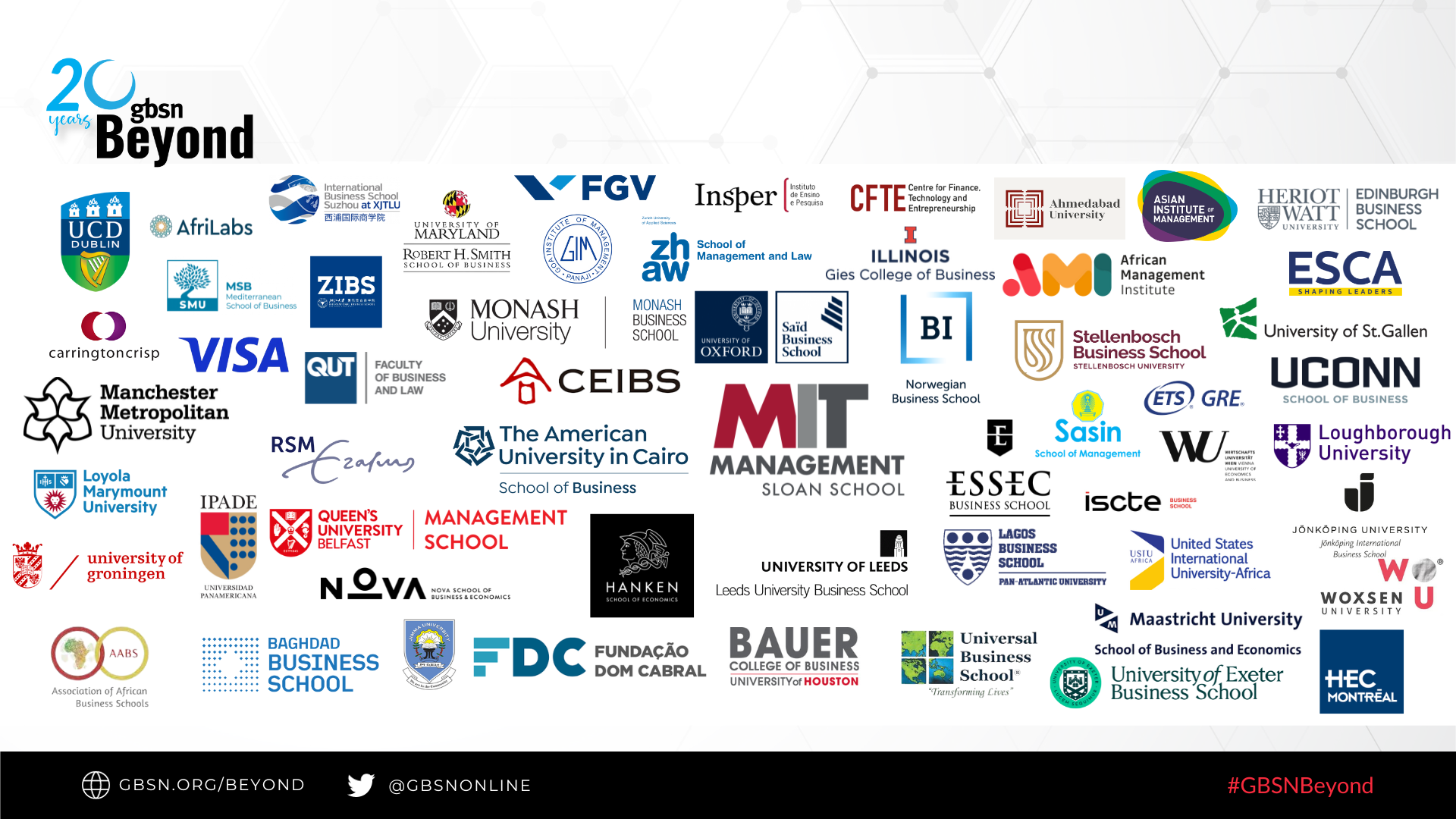
When Lina Ayenew left Ethiopia to pursue an MBA in China, she carried more than ambition—she had a vision. She selected Cheung Kong Graduate School of Business (CKGSB) to immerse herself in a place where education technology was revolutionizing how people learn, as well as to take advantage of the school’s in-class incubation program. Her experience at CKGSB crystallized the vision: mobile learning apps, built with local languages and curriculum in mind, could be a game-changer back home. Education for Ethiopia was born—a nonprofit that brings digital educational resources to young learners who need them most.
Thousands of kilometers away, Rahul Jain, a budding entrepreneur, left Delhi to enroll at IESE Business School in Spain. He met Andreas Demleitner while doing an internship in South Africa, then moved to the Boston area for an exchange program with MIT Sloan School of Management and to work as a consultant in e-commerce and marketing. All of this laid the groundwork for Rahul and Andreas to co-found Peach Payments, which quickly became one of South Africa’s leading digital payment platforms and has been expanding across other African countries, such as Kenya and Mauritius. What began as a cross-cultural internship turned into a long-term commitment to unlocking financial inclusion across Africa.
Similar stories can be found at almost every great business school around the world, especially those that are part of the Global Business School Network like CKGSB, IESE, and MIT Sloan. The stories are evidence of a societal force too often misunderstood or overlooked: international student mobility.

For both Lina and Rahul, crossing borders wasn’t just about earning degrees—it was about gathering ideas, building global networks, and translating insights from one context to another. They are internationally mobile entrepreneurs who, by blending international exposure with local action, are creating scalable, inclusive solutions to some of the world’s biggest challenges.
While I love hearing stories about founders like Lina and Rahul, they make me wonder about the startups we never see because of missed connections and experiences. The opportunity cost is undoubtedly large, but also largely invisible. For every student prevented from studying abroad due to visa restrictions, financial hurdles, or political rhetoric, there may be an app not launched, a social enterprise not formed, or a climate solution not scaled. These are the “unmade” innovations. They won’t be featured in glossy alumni magazines. Their absence quietly weakens our collective capacity to solve complex societal problems.
My attention was drawn to this type of cost during the COVID-19 pandemic, when employees stayed home to work. My business friends, especially those working in the tech sector, worried less about productivity issues and more about erosion in the capacity to innovate in their companies. The types of relationships needed for the former model of work were already established and easy to maintain and support, while the types of relationships needed for the new situation (which cut across functions, organizations, industries, and borders) were less established and quicker to weaken.

Meanwhile, my education friends were saying the same, as students deferred or canceled international study plans during the lockdowns. They worried about their collective capacity to foster innovation and serve business with less international diversity.
Despite the benefits, persistent fear looms in public discourse about international mobility: that, for example, immigrants, including international students, are more likely to take jobs than to create them. This belief, while politically potent, doesn’t align with the facts. In the United States, for instance, immigrants have founded over 50% of the country’s unicorns—privately held start-ups valued at $1 billion or more. In the UK, 39% of the fastest-growing companies have at least one immigrant co-founder.
Rahul Jain’s Peach Payments is a useful example. Rather than taking jobs from South Africans, he and Andreas have created many more. The impact extends far beyond payroll. His company helps thousands of small and medium-sized businesses across Africa to participate in the digital economy, opening doors to trade, capital, and growth. Similarly, Lina Ayenew’s nonprofit not only improves literacy in Ethiopia but also serves as a model for culturally responsive edtech innovation.
Some governments have embraced foreign founders. Japan, though historically closed, opened its doors to international students who want to start businesses in the country. Their Startup Visa allows foreign students to reside in Japan while preparing to launch their business, offering a transitional period before converting to a permanent Business Manager visa. Supported by the French government’s #ChooseFrance campaign, French schools have been fast-tracking visas for students who had places in U.S. schools but are now uncertain about whether they’ll be let in.

There are many challenges to address to realize our full potential globally. For many talented aspiring entrepreneurs, the financial cost of gaining international experience remains out of reach. Visa regimes in some countries discourage students from staying and applying their skills post-graduation. Even when they do stay, accessing funding as a foreign founder can be fraught with bias and legal complexity. And for those who return home, re-entry can mean facing relatively underdeveloped startup ecosystems, rigid bureaucracies, or outdated policies.
In business education, we should be proactive in trying to remove these obstacles and prevent countries from backsliding on mobility. Given the potential benefits, business schools, governments, and civil society organizations should work together to encourage and support international mobility to build businesses and create jobs. They can protect the institutions that facilitate exchange, create special landing zones for students returning home, expand access to incubators and mentorship programs, build regional investment funds, and promote regulatory reforms that smooth the path from idea to market entry.
When you trace the story of most great innovations, you’ll often find a border crossed—geographic, intellectual, or both. The most creative solutions emerge at the intersection of different perspectives. And if we want to empower the next generation of innovators, we need to protect and expand the mobility that allows them to learn and connect across boundaries.
ChatGPT was used as a tool by the author to brainstorm and shape key points. Any errors that remain are the sole responsibility of the author.
















